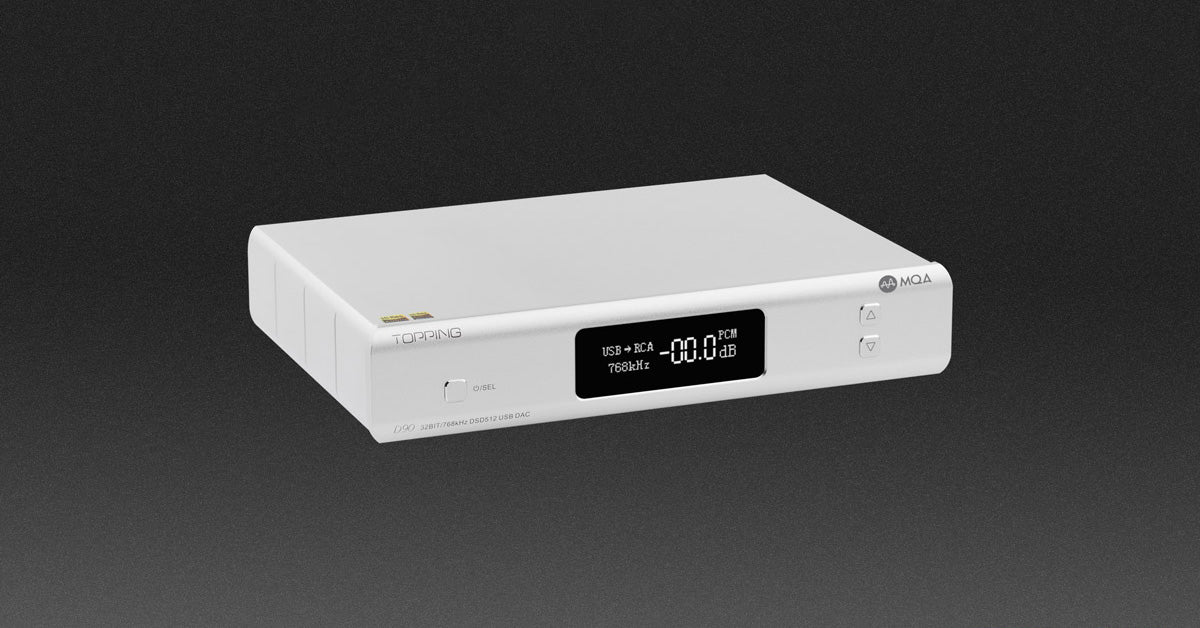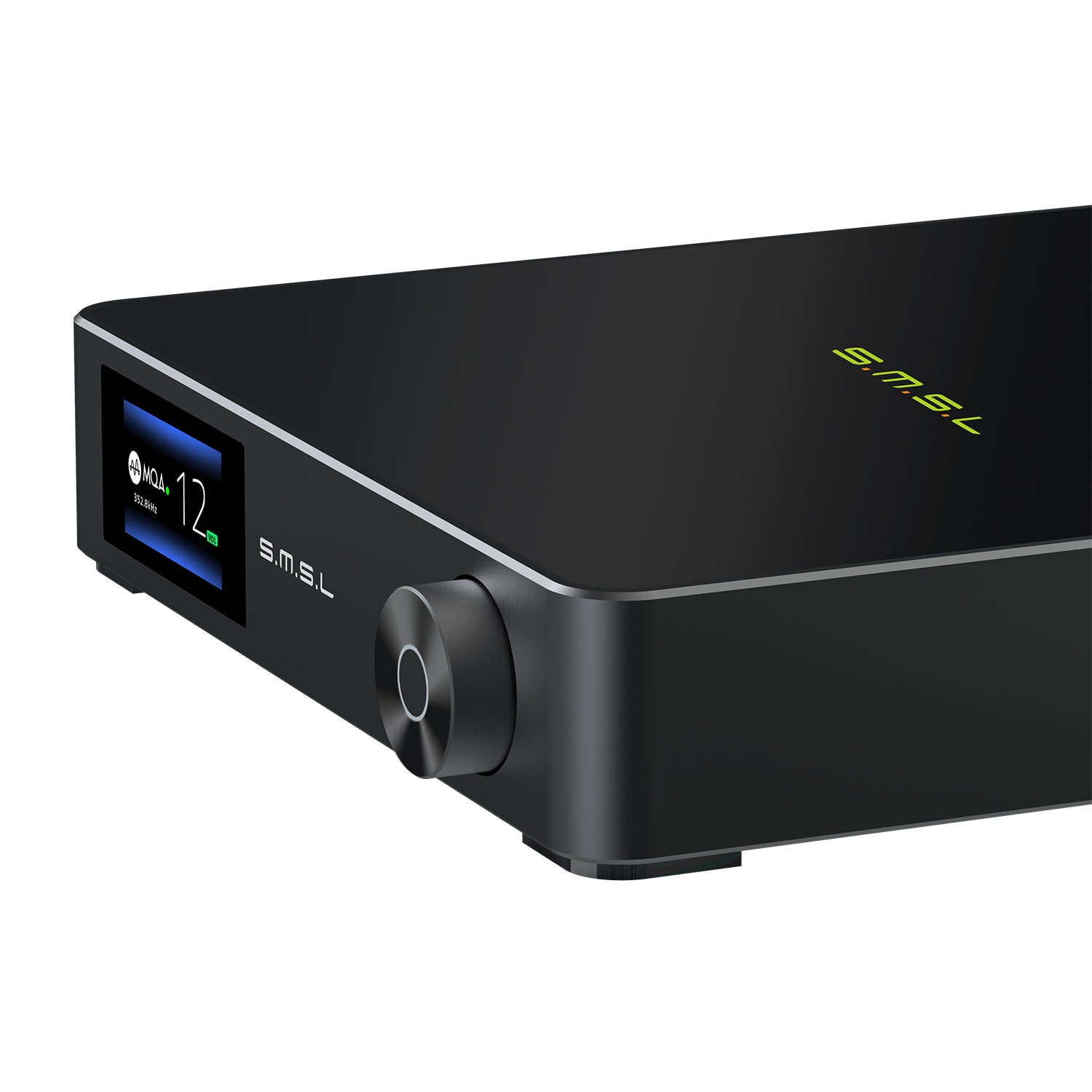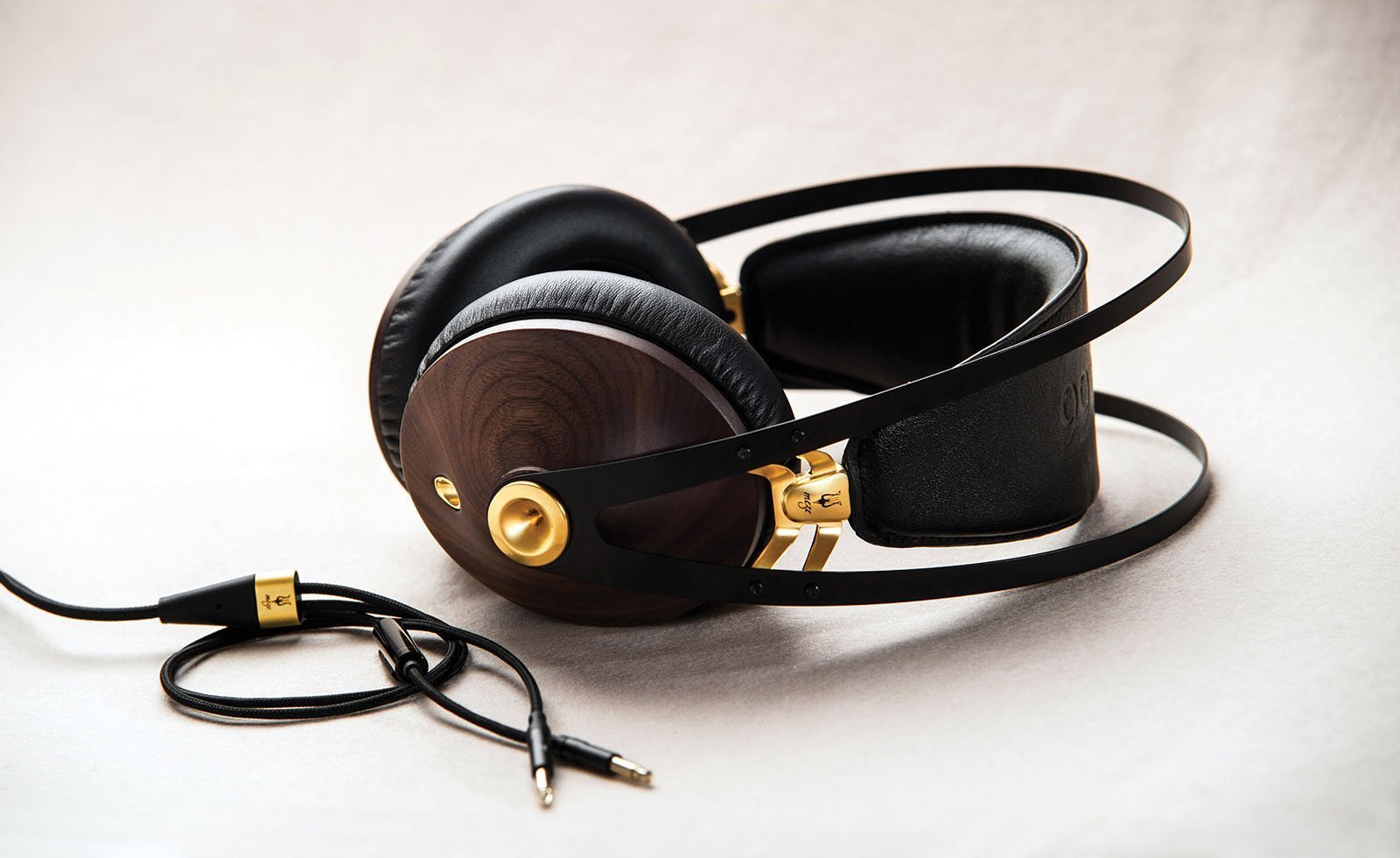
Meze 99 Classics – A Wild and Fun listening experience
Meze Audio – a relatively new name in the rather crowded landscape of headphones makers. From affordable models to works of art, anyone can afford and pick something up.
One thing is certain, listening to music via headphones become very popular in the world of HiFi, music lovers no longer have the time sitting on the couch and enjoying their favorite albums on a pair of loudspeakers, everything is portable nowadays, on the move and at a very fast pace.
Meze Audio is 100% a Romanian brand and I’m proud to be one too.
You probably realize that surviving in such an overcrowded market you have to be different, offer something new and unique: Enter Meze 99 Classics.
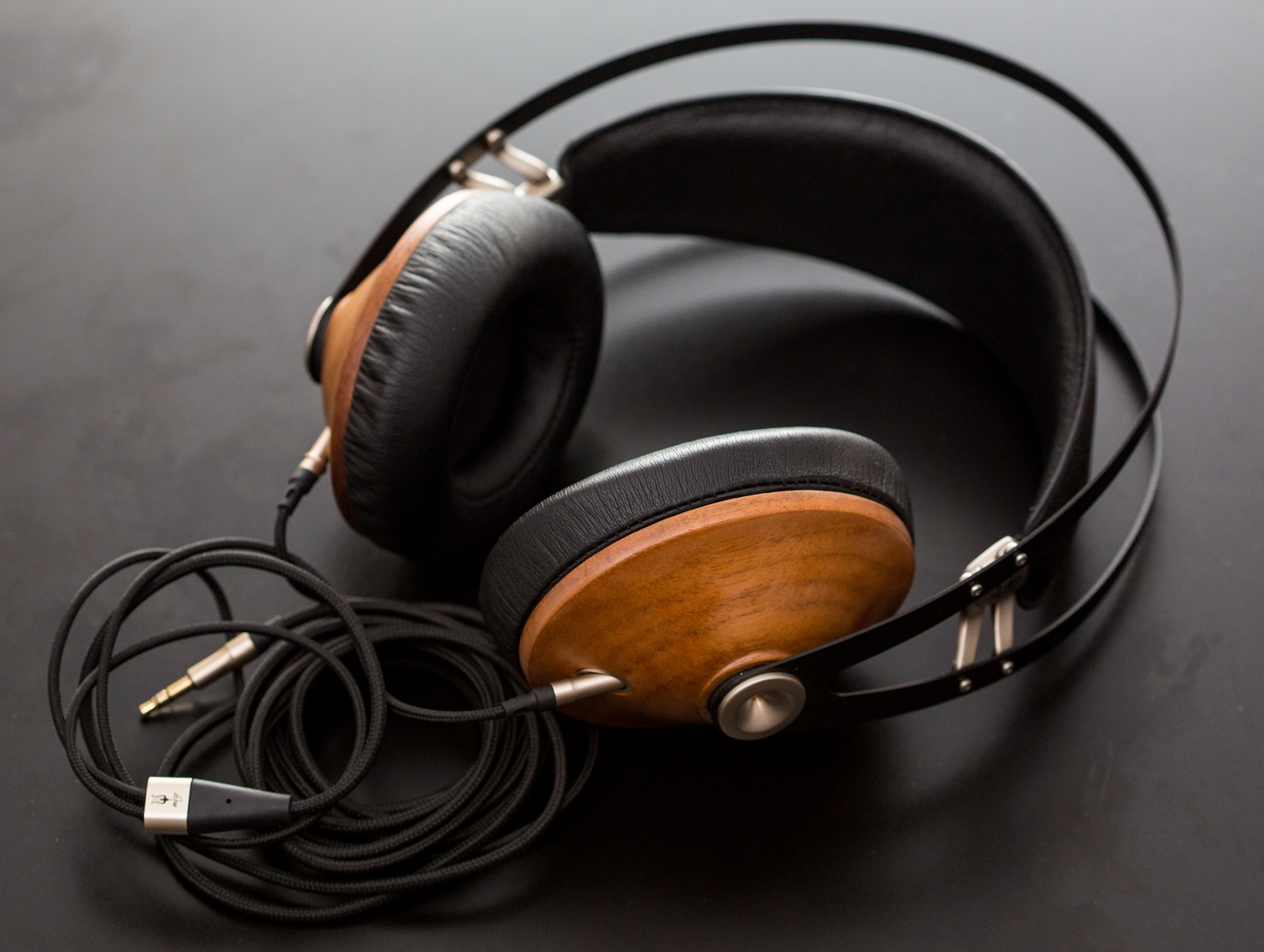
1. Undressing a beauty
The unboxing experience is exceptional. They came double boxed for extra protection, the 99 Classics inner box looks really stylish I must add, even a frequency response chart and the full-specs are printed on it.
There is a feeling of pride just looking at the box, even a few awards of bigger audiophile publications are stamped on it, Meze must be really proud of their achievements.
2. Package Contents
Opening the shiny cardboard box I am greeted by a hard carry case that has a rubbery-leather feel to it.
Inside it, a beautiful pair of headphones is laying safely.
There is also a small fabric pouch that houses two pairs of detachable headphone cables: A longer one and a shorter one with an in-line remote and a microphone to be used with a smartphone, there is also a 1/4”(6.35mm) to 1/8” (3.5mm) headphone adapter and an airplane jack adapter.
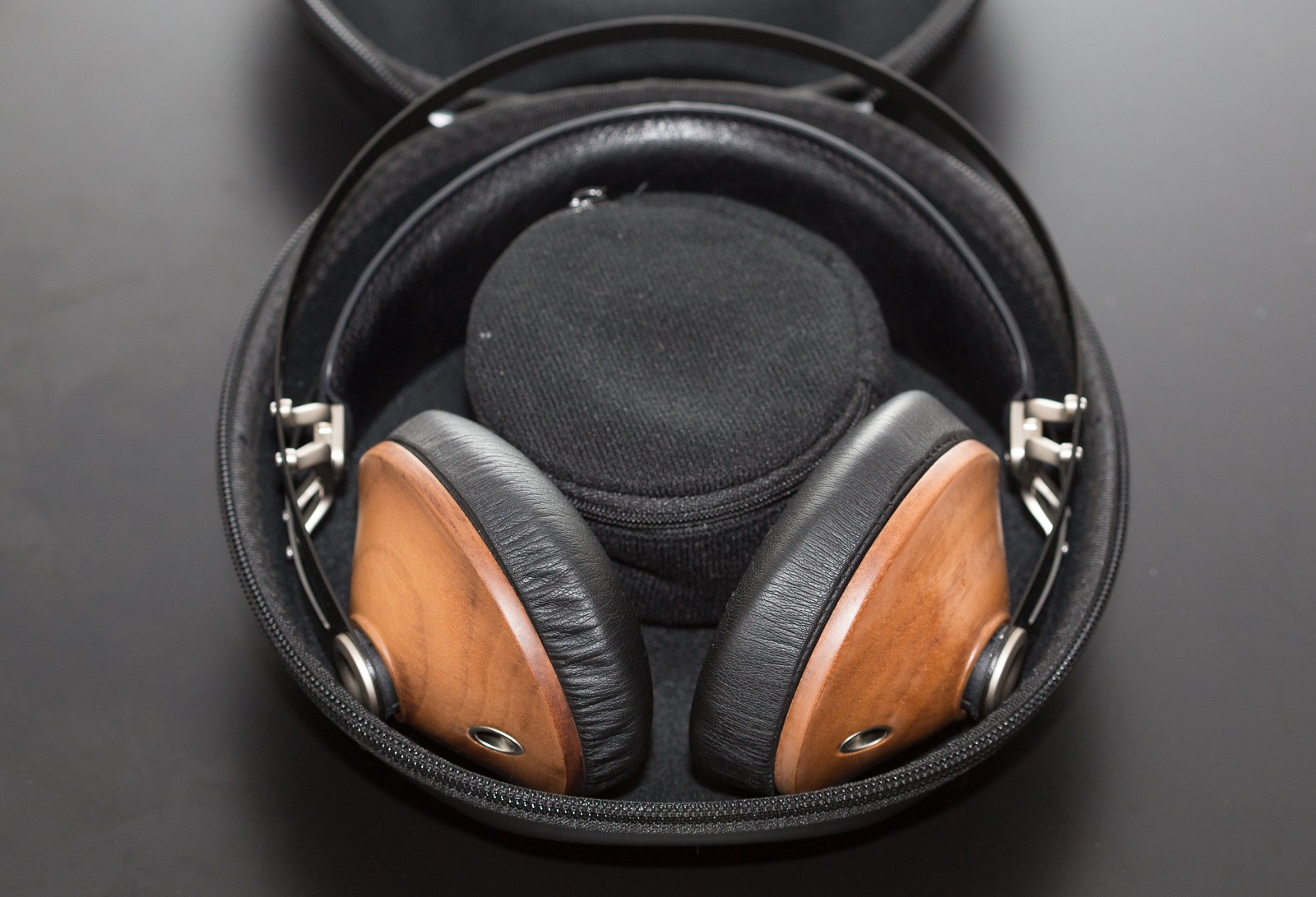
3. Design & Comfort
There is no way you can’t be impressed by 99 Classics looks, they have a classic, clean and natural look.
It was clever carving the earcups out of walnut wood, it's lightweight yet strong metallic structure should resist a lot of stress and even the faux-leather earpads are beautiful and pleasant to the touch.
From my perspective they are even modular as absolutely any piece can be replaced with a new one, the entire headphone structure is assembled only by using nuts and screws.
Putting them on is like applying close to zero pressure on top of my head and hugged by two soft pillows. 99 Classics are getting great scores in terms of comfort!
The clamping and fastening system resemble a lot of what I saw on the AKG or Audio-Technica headphones, somehow hugging my entire head and evenly distributing the weight over the entire headphone surface.
99 Classics has gone through an ample frequency response optimization process to create this unique sound signature.
Sound quality and design were both a high priority for those who built these headphones, the frequency response chart found on the official page proves it.
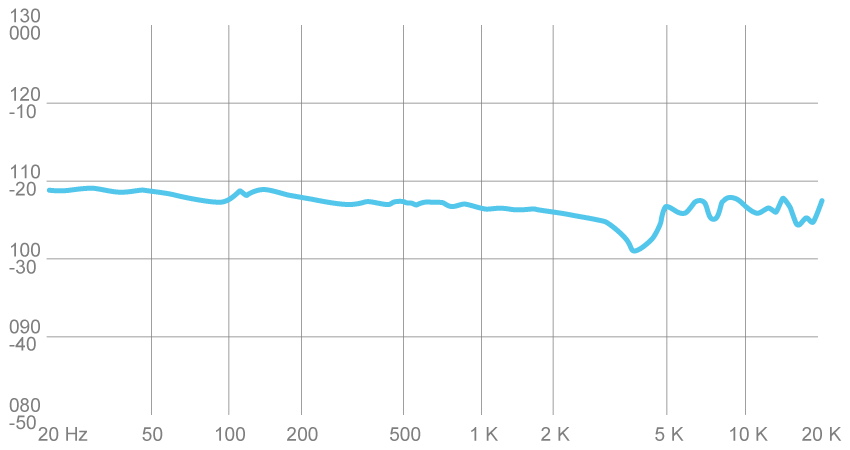
4. Tech inside
Meze 99 Classics is a closed-back dynamic headphone that uses 40mm bio-cellulose drivers.
Having an impedance of 32 Ohms and a high sensitivity of 103 dB per 1mW of power, 99 Classics can be considered easy-peasy to drive. For a normal listening session, you might not need a headphone amp at all. But, headphone nuts and headbangers as myself will, of course, use one and push them to their limit volume-wise.
Be careful though, as their maximum power handling is only 50mW so even a mid-range portable DAP can cause harm to their drivers. Powering them with a FiiO M11, even on the 1/8” (3.5 mm) SE headphone out is an easy task, even a few IEMs from my stable would need more power than that.
Now, here’s the good part: Powering them by a dedicated headphone amp will result in a much better grip and control over the headphone drivers, out of low-power sources 99 Classics could sound slow and sloppy.
I really love that those detachable cables are Kevlar reinforced for a better long-term service and it is also an OFC one for good conductivity.
At only 9.2 ounces (260 grams) these are the lightest desktop-class headphones from my stable.
Now, let’s get to the most interesting part, shall we?
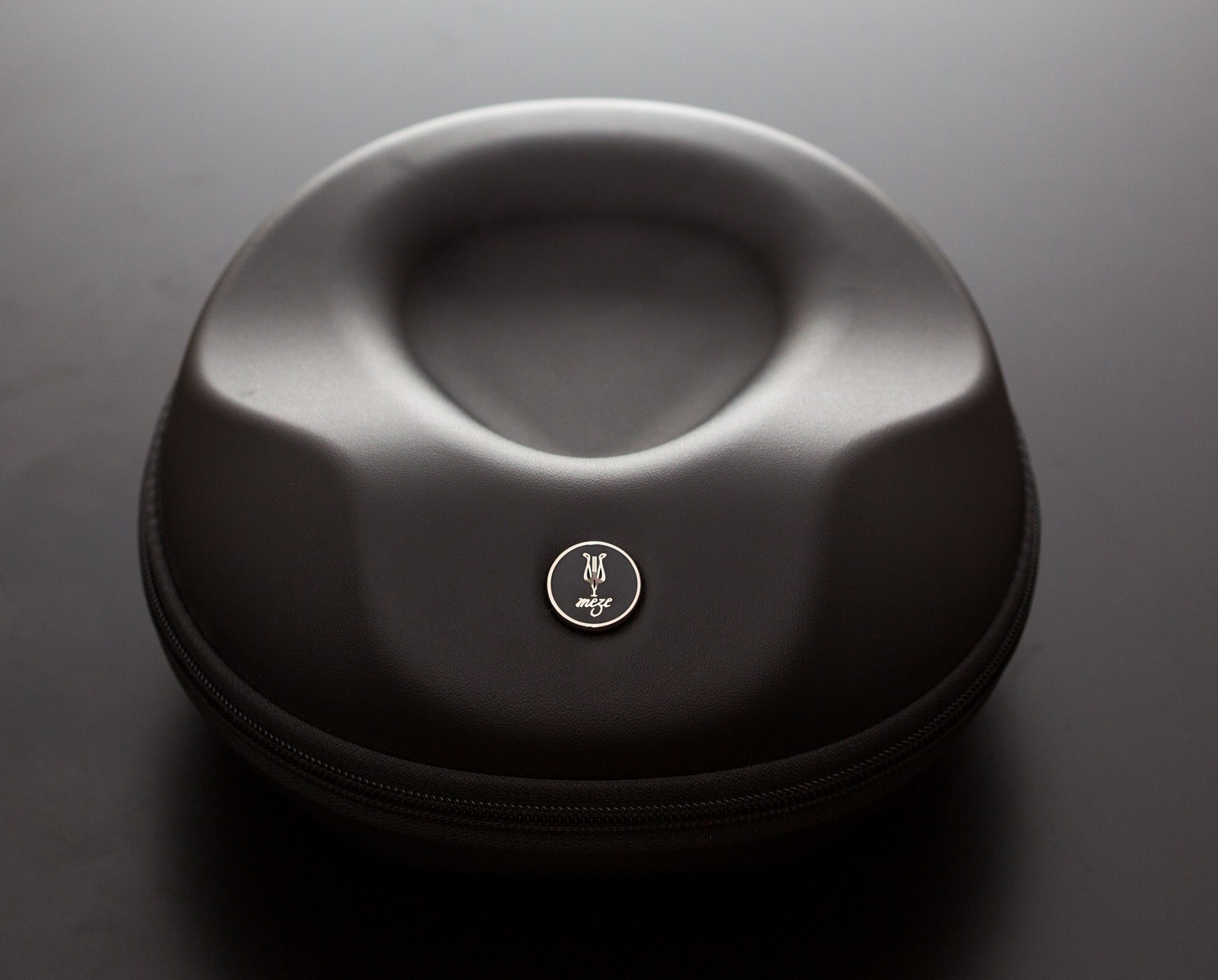
5. Sound Quality
I have them for quite some time now and I feel I formed a solid conclusion on their sound performance.
A short description of the sound would be: smooth, tireless, full and tonally rich, sparkly on top and warm down low with explosive dynamics when asked for. Promising description, isn’t it?
I am very curious about how such sound tuning was achieved. Usually, if the bass is more pronounced and midrange performance is sweeter then it would be normal for the treble to not be as present, it would be thrown further away from the listener.
But that is not the case with 99 Classics because the treble is exactly on the opposite camp: it’s crystal clear, it’s catching my attention very often, it’s airy and never too crowded.
Bass is well-defined and placed in the foreground. Basically, any music style in which bass notes are called for will really shine on 99 Classics. Bass is not only deep but also fast, decaying at just the right time. Using faster music once again confirmed my findings.
Of course, 99 Classics can’t touch the speed of planar-magnetics with push-pull magnets on both sides, but in terms of dynamic headphones, it is among the faster ones. As a small conclusion, I consider the bass of 99 Classics cleaner and faster than that of Sennheiser Momentum M2.0 and of Sony MDR-1A, both are competing models to Meze’s.
A few days ago, having a really crazy lust for music on the go I carried them with me on a short trip listening to a little bit of everything.
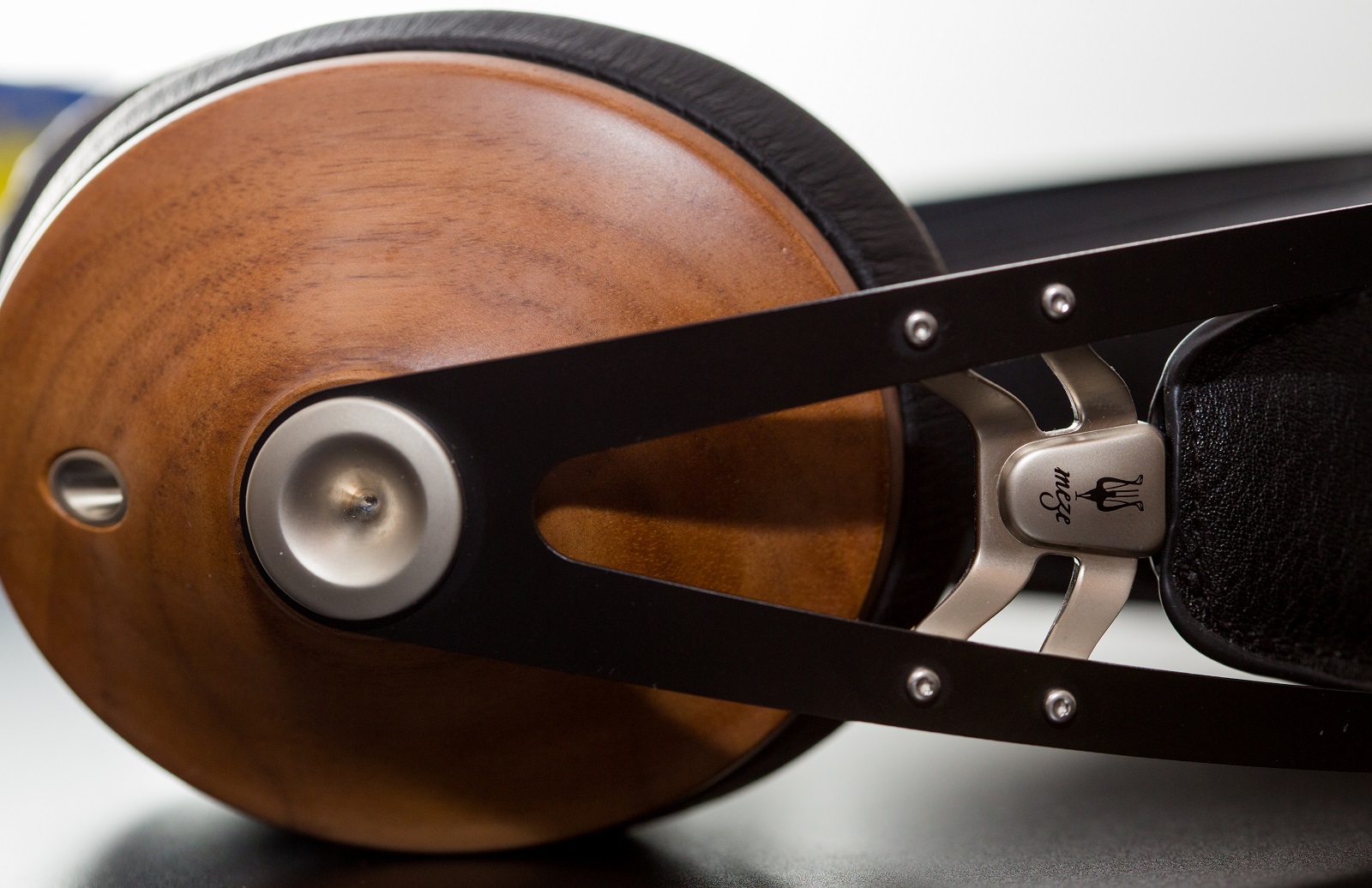
To lift my mood, I started the day with some Iron Maiden - Hallowed Be Thy Name (Tidal Masters).
Don’t raise an eyebrow, there is well-recorded metal and this is a good example. The song did not sound crowded at all, but this time the cherry on top was the sweet and well-defined midrange.
Guitar plucks and that deep voice just grabbed my soul and attention.
Drums, cymbals, bass and electric guitars are well defined by a void space that prevents overcrowding of the notes. At 2:50 mark people are already staring weirdly at me as I am air-guitaring the performance on the go.
High marks to both the artists and the headphones as together they showed me an impressive and alive performance.
I continued my listening session with the newest album of Luna Amara – Nord. A mediocre mastering album but excellent in terms of musical enjoyment. This album sounds like a come-back to their older sound which is always a good thing.
From the first tune, I realized that Meze’s can transmit the raw power and somewhat meatier sound of this album. Unfortunately, poor mastering says its word and it sounds more crowded and… somewhat distorted, I also tried my other headphones to confirm that I am hearing record-artifacts on other headphones as well. Too bad, as the album is a pretty good one.
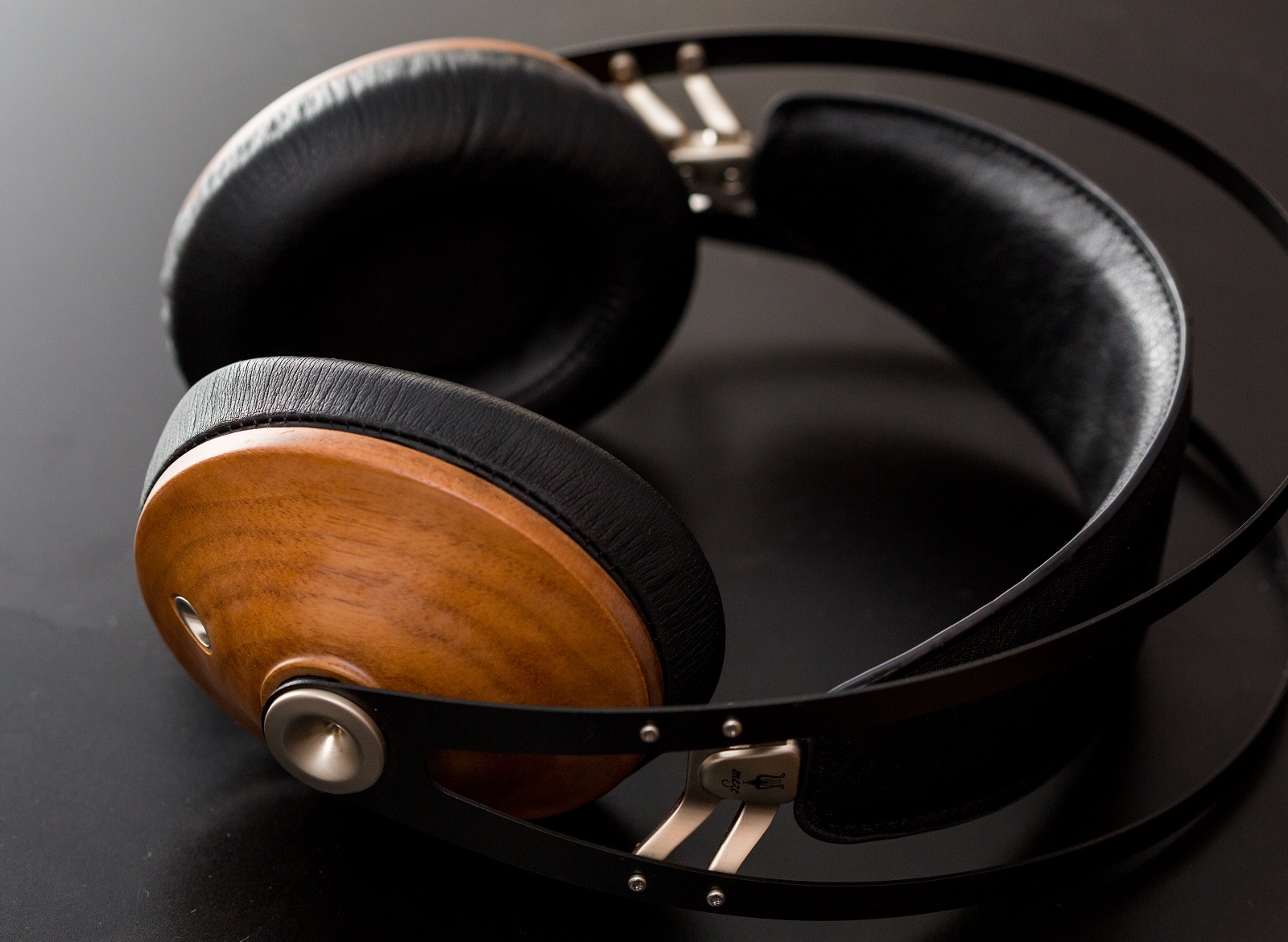
Rock music, metal, and all its sub-genres are foundations of Meze’s DNA, as few of its members are playing in rock/punk/metal bands. Here are just a few examples: guitarist Razvan Horge of Ska-nk, energetic drummer Vlad Toca of Dirty Shirt and wild bass player Lorand Czibere of Riot Monk are all part of the Meze team, even the big boss Antonio Meze himself is a pretty good guitar player.
Do you think 99 Classics are doing justice to rock & metal, as you probably guessed 99 Classic know how to rock really hard.
Luckily, Tidal Hi-Fi is carrying Dirty Shirt and Riot Monk and I decided to take a listen.
I poured myself a glass of pălincă and started my listening sessions. A person once told me: there are two types of music: for your feet or for your mind. I beg to differ as these two bands are mixing both meanings together as my feet are all over the place and my mind is high in the sky. I can’t tell who is mastering and post-mastering for both bands but holly cow! This sounds excellent!
Mastering is top-notch and it’s much better than that of an ordinary 21th-century metal album. The music itself is well executed. Boys are quite technical and energetic; the voice is deep and musical notes are well-defined.
There’s one thing that still catches my attention: aggressiveness – on 99 Classic you rarely hear this effect. They are almost never aggressive-sounding regardless of the music being played. It can be a good thing, but also a minus at the same time, depending on everyone’s tastes.

Coming back home from my trip I enjoyed myself listening to Samantha Crain and Pink Martini.
I do not want to sound overly positive, but it’s pretty hard finding minuses for these headphones, especially considering the price bracket they belong to.
Everything sounds at its place: double-bass and pipe organ are sounding full, having a heavy tone that goes down and doesn’t distort. Voices, violins, cellos are vibrating softly and pleasantly, their vibration might be a bit calmer and smoother than in reality, but this effect is relaxing me.
That’s right, 99 Classics are not linear, there isn’t a straight line over the frequency response, the bass has some blossom, midrange some sweetness, treble is more or less untouched by the muddiness.
These headphones are mostly intended for music listening and much less for analyzing it, this was clear from the first listen.
As for cons, I would mention the lack of aggressiveness and a bit of grainy sub-bass performance, but for a dynamic driver, this behavior is quite normal. The mid-bass is emphasized for a warmer and nicer presentation.
The treble presentation was the climax for me: it’s calm, unobtrusive to the ear and still shines so clearly, the cymbals are really well defined, the kicks of the drums are precise, the definition of the treble is really impressive.
Even though I’ve heard this kind of bass and midrange performance on many pairs of dynamic headphones, I’ve never heard such kind of trebles: silky but super-defined and clear at the same time.
Although 99 Classics are closed-back headphones they are impressive when it comes to soundstage size and pin-point imaging in a complete 3D field. They are sounding even more open than a few semi-open designs.
MDR-1A from Sony is such a design and it is regarded as open-wide sounding with crazy depth, 99 Classics are at least as good in this regard.
Mozart and Bach in Hi-Res sounded big, the imaginary stage is almost unlimited in size. The sounds are hitting a wall only after a second or two which enhances the sensation of grandeur and open-wide soundstage.
99 Classics are also showing good holography levels. The sound is not completely 3D, but the front/back positioning of the notes is accurate. The stage has a good width but it is not very tall. Apart from that, they are great with almost any musical genre.
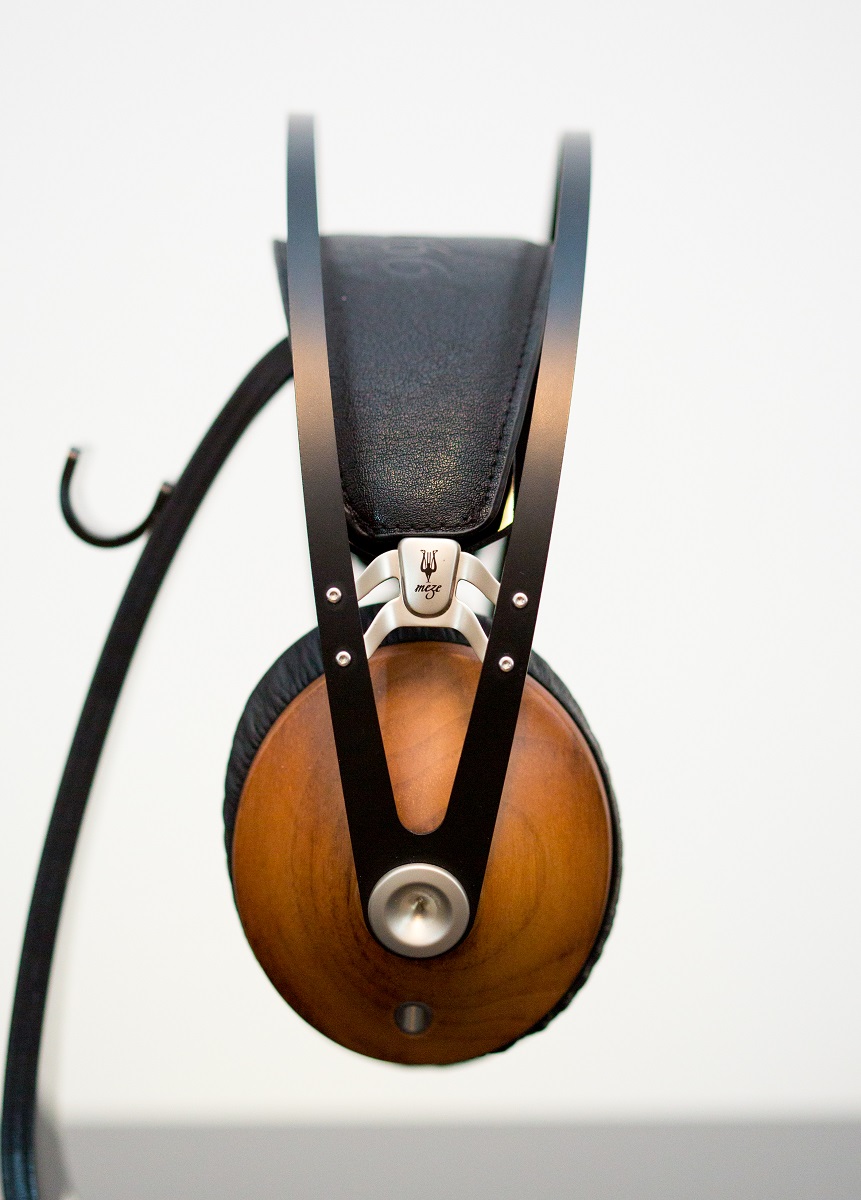
6. Power requirements
Having a high efficiency of 103 dB per 1 mW means you can drive them with pretty much anything. They sounded decent even from a smartphone, but for a much better grip and control, a dedicated DAP will be needed.
At home, I connected them to Mytek Brooklyn DAC+ and on the go, I mostly listened to them via a FiiO M11 DAP.
Both setups sounded excellent but slightly better on the desktop one due to a better DAC in the chain.
Due to high efficiency, 99 Classics are not putting big stress on your audio chain for a distortion-free sound. Want to go for a higher volume? No problem as electronics will surely not clip and smartphones with decent headphone-outs will provide them enough juice. Of course, a high-quality dedicated DAP will sound much better due to better audio processing.
I consider 99 Classics to be a desktop and a portable headphone, as they are lightweight, comfortable and not too big.
7. Comparisons
On the go I compared them to my personal favorite over-the-ear champs: Sennheiser Momentum M2.0, so here we go.
Meze 99 Classics VS Sennheiser Momentum M2.0
Right off the bat, I can tell Meze are having a wider and deeper stage. I can just look deeper into them. Momentum 2.0 is by no means up-front sounding at all, just I am hearing a thinner stage with them. It could be a result of smaller cups on the Momentum.
There is a higher fun factor on the Meze, they are just singing sweeter songs to me. There is a slightly warmer presentation on the Meze with a better-defined midrange presence.
If treble is your thing, then you should know that Meze is trouncing the Momentum 2.0 especially on the upper-treble where Momentum is just losing a lot of information.
Momentum 2.0 is a bit muffled and muddy sounding, like a thin veil, is covering the musical performance, that veil is nowhere to be found on 99 Classics.
Meze’s are having better efficiency and are sounding louder on the same volume position on my headphone amp.
To me, Meze’s are clearly better.
There isn’t a point of comparing the open-back Sennheiser HD660s with the closed-back 99 Classics, both are just different designs at different price points and with different targets. But nonetheless, I will tell you that 99 Classics are very much on the same level as pricier HD660s. Few things are better on one and few are better on another, it’s a double KO.
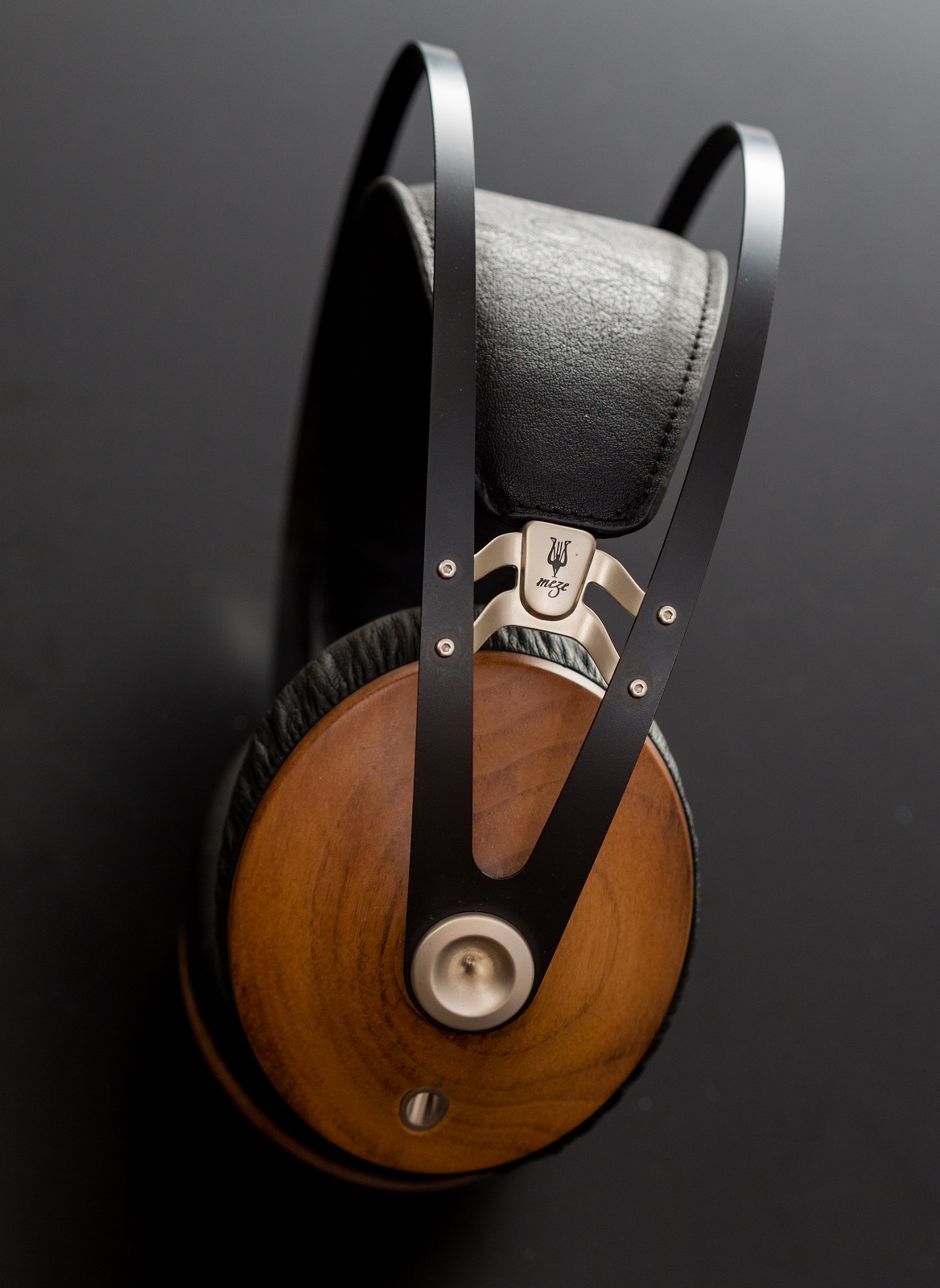
8. Conclusions
I congratulate the Meze team for a well-thought-out headphone from all key aspects: beautiful design, impressive high-quality modular construction and great sound quality that is keeping up with their beauty.
Slowly but surely they have made their way into my personal top of portable over-ear headphones and at the same time are changing blows with higher-priced desktop headphones from my stable.
At this moment I consider them a really good choice, rivaling well-established products and even pricier offerings.
Its high efficiency and almost immaculate performance make them perfect for a portable, office or holiday setup, hell…they sounded incredible at home as well.
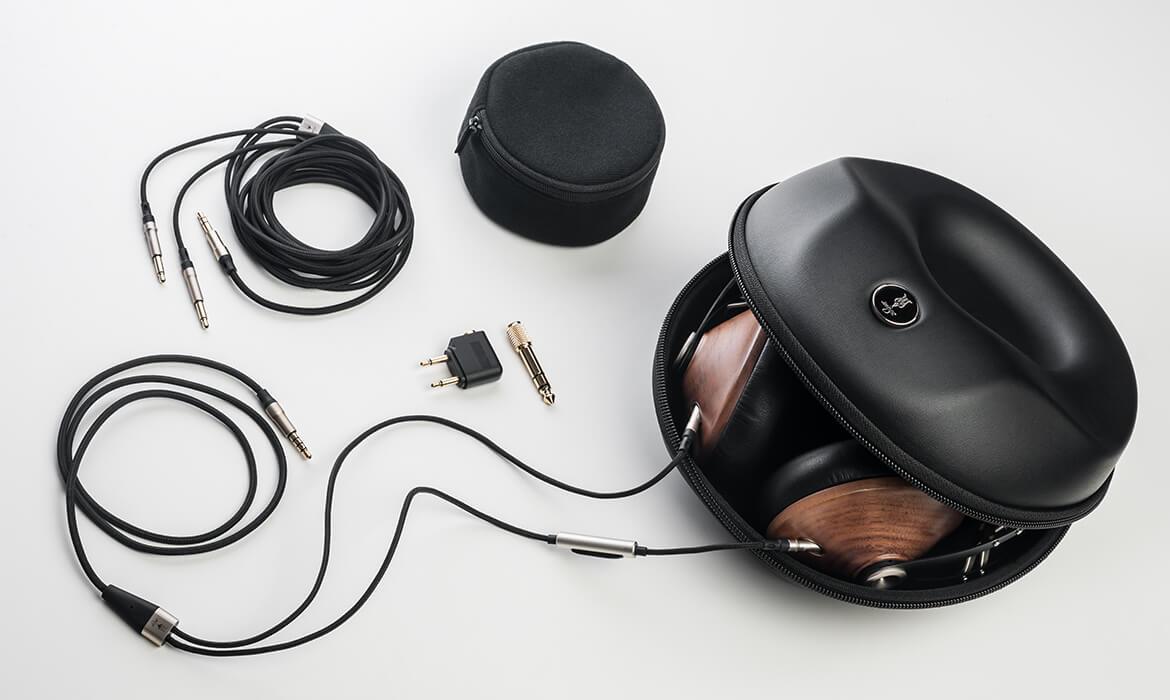
PROS:
- Great flow and easiness
- An incredibly open-wide stage for a closed design
- Good holography and pin-point imaging
- Lack of muddiness and crowded moments
- Deep and hard slamming bass, with great speed as well
- Sweet midrange with a longer decay
- Tonally rich and full of substance
- Biting treble performance without being harsh
- Unique design and construction
CONS:
- Lack of aggressiveness when needed
- Grainy sub-bass on some tunes

